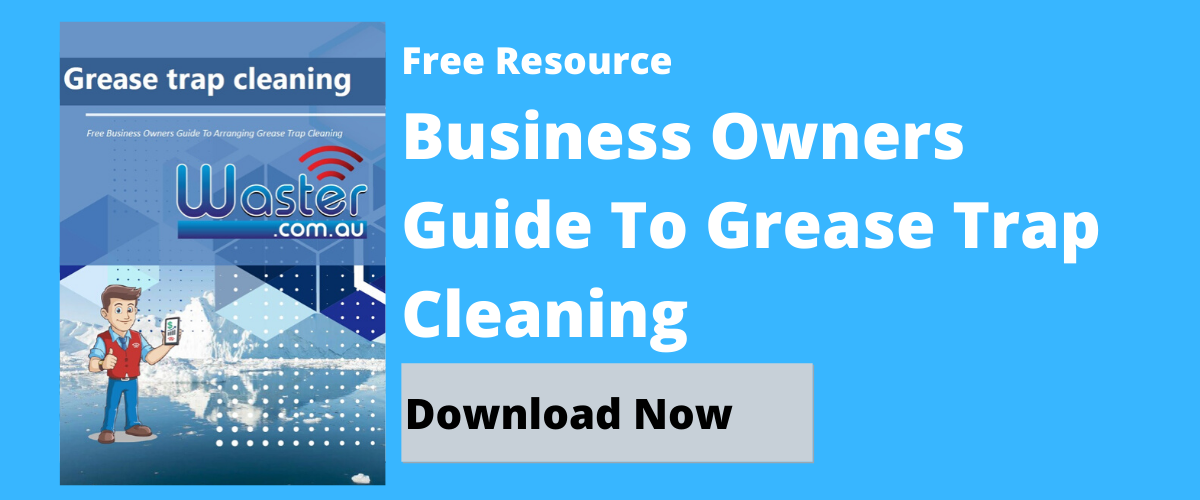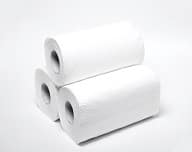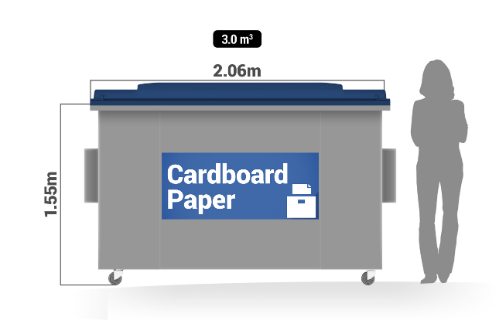How Often Should Grease Traps Be Cleaned For Your Cafe Or Restaurant? 🛢️
Energy Disrupter
How Often Should Grease Traps Be Cleaned? 🛢️: When you run a food service business such as a hotel, restaurant or even a small food cafe – you at some point will find yourself seeking an answer to the question “How often should grease traps be cleaned?”
Getting a grease trap cleaned is one of those necessary evils in life. But, like getting your car serviced on a regular basis, it will save you money and hassle in the long run and ensure no disruption to your business activities.
>Download Now: Free PDF Business Owners’ Guide To Grease Trap Cleaning Services
What happens when a grease trap is cleaned?
You will, of course, know that a grease trap is basically a box of water that filters and collects grease, food particles, and oils, etc. from food production when they go down the sink.
This is important because, in a busy restaurant, the high amounts of oils and fats that go down the sink in liquid form could harden and cause a blockage either in your plumbing or in the municipal piping system.
A regular clean will see the oils, fats and grease sucked out and the trap functioning normally.
About Waster
Waster.com.au provides all waste and recycling services required by small and medium Aussie companies such as grease trap cleaning (liquid waste services), general waste bins or any recycling services.
We provide all services on flexible 30 day, month to month agreements. So, you do not need to worry about being locked into a long term contract.
To arrange grease trap cleaning for your business, you can simply check pricing online and book here:
How often should grease traps be cleaned?
Fundamentally, the answer to how often should grease traps be cleaned is however often the local water authority tells you!
In each metro region of Australia, the local water authority will set a frequency based on a number of factors that we will cover below. Depending on where your business is located, you will need to keep records and evidence that the grease interceptor has been pumped out or cleaned in accordance with this schedule.
For example, in metro Sydney, Sydney Water is the authority who sets the trap cleaning schedule. Furthermore, if you do not comply with this schedule, you will be fined.
And, according to one article we’ve read from smart alternative fuels, businesses should always remember the one-quarter rule. You might be thinking, “what is the one-quarter rule?” Basically, it means having your grease traps cleaned when you find it a quarter full. If you failed to do this, the trap becomes much less effective.
As a result, you risk overflowing and blocking your grease trap.
Tips we want to share with you
For the thorough maintenance of your grease trap, we want to add some additional tips for you that can help you in the long run as stated by Environment NSW:
- Always make sure to double – or even triple – check the grease trap carefully to avoid problems. Is everything done carefully to ensure its smooth operation? Did you miss anything like unclosed lids or cracked walls? If unsure, check again.
- Also, have a look around the grease trap itself. Are there any rodents residing in it? Remember that rodents will possibly live in your grease traps because of the food nearby.
- Additionally, as stated above, you might have some problems with your lid or walls. This can certainly result in a foul smell which can be solved if found early.

What factors determine how often should grease traps be cleaned?
The factors that can determine the required schedule include:
Type of business – the water authority will take into account what sort of business you operate (i.e., what kind of food you serve and how large your business is).
What size of trap you have installed – grease traps can range in size from really small under sink units of c.60 litres up to 5000 litres or larger. Basically – the larger the trap, the longer it will take to get filled up.
For example, a small cafe with a 5000-litre trap may only require service every six months. But, a large restaurant with a 1000 litre grease trap may need cleaning every month.
Many cafes and pizza shops, for example, have a standard 1000 litre grease trap and have services every 3 months.
Can I change the frequency if I think it is too often?
If you think the water authority has mandated a cleaning schedule that is too frequent, you can contact them and explain why you think it should be changed.


This could save you significant amounts of money.
Is there anything else I should know?
If you are thinking of installing a grease trap in your new business, you should carefully consider the size.
Going for too small a trap will mean that you need to get it serviced every few weeks. This can be a real nuisance, especially if the trap is inside.
Also, getting too large a trap could cost you money as most water authorities will have a cleaning at least once every six months.
As a grease trap cleaning company like Waster will charge based on litres, this could work out more expensive.
Conclusion on how often grease traps should be cleaned
The number one rule as regards “how often should grease traps be cleaned” is just to comply with the schedule set by your local water authority.
Trying to self-monitor or guess when it needs to be cleaned is not really possible as a trap will always be full of liquid and could be blocked inside. But you can avoid this through our tips above!
As such, Waster can help you with grease trap cleaning needs. Grease trap cleaning frequency will never be a problem with Waster! Contact us for more information.
If you have any questions, here is how you can reach us:
Check out a video below of a clean up after a grease trap over-spill:
[embedded content]











